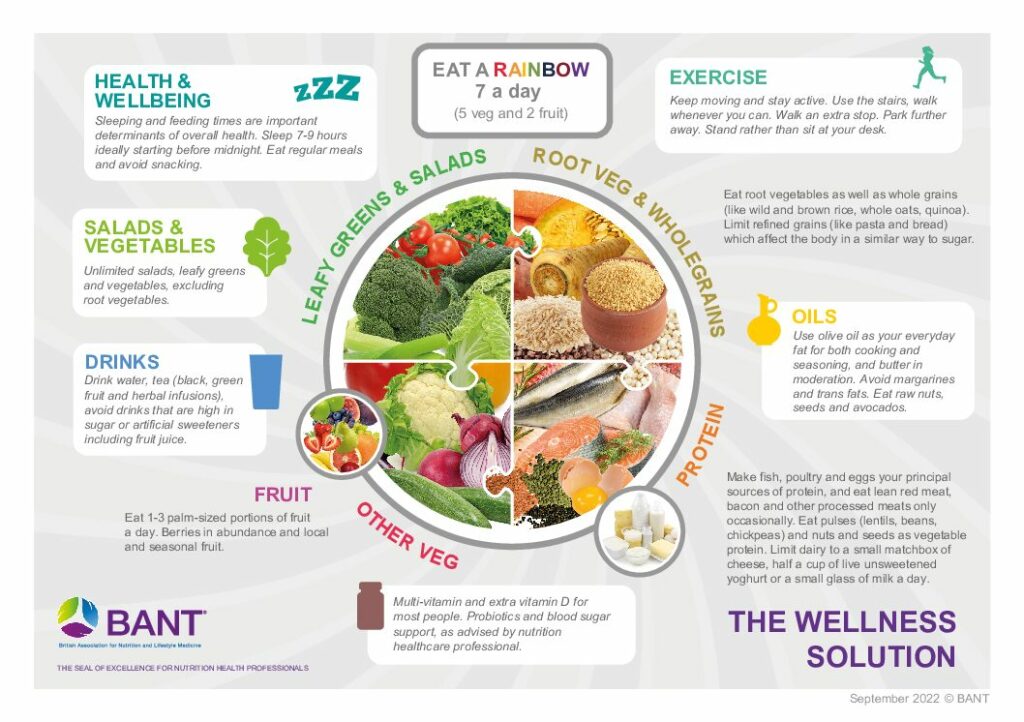
4 Steps to Reduce Your Stress
It is a rare thing indeed to see a client in the Integral Nutrition clinic who is not under some form of stress. From work, family and finances, to the general overwhelm of living in today’s world. Chronic ill-health is, in itself, stressful! All these things put a physiological burden on the body which should not be ignored. If this resonates with you – and particularly if you suffer from a chronic health condition – read on for 4 steps to reduce your stress.

What your body does under stress
Firstly, let’s take a quick look at what is happening in your body when you are under stress. When you perceive danger in whatever form – and danger can be anything from not being able to find your child’s PE kit, to being faced by an aggressive mob – you release 2 primary hormones, adrenaline and cortisol. Adrenaline increases your heart rate, raises your blood pressure and boosts your energy supplies. Cortisol works to increase the availability of blood sugar, gets plenty of this to your brain so you can think clearly, and increases the availability of immune substances that may be required if you are injured. Ever wondered why being stressed is so tiring? It is stressful even thinking about all that. There is a lot going on!

With attention diverted to protective actions, other areas suffer. Reproduction and digestion are considered non-essential when under attack, so receive little or no attention in terms of nutrients and supplies. Modern day ‘micro-stressors’ can be unrelenting and chronic in nature, so it is little wonder that so many people in the UK suffer with hormonal imbalance and digestive troubles. Accepting that eliminating stress is impossible, it is important to find ways to reduce it.
Here are 4 steps to reduce your stress.
Step 1 to Reduce Your Stress
- Create some sleep rules. Sleep is a powerful de-stressor. A lot of our rest and repair processes happen whilst we sleep, including the damage caused by stress. Cortisol, the primary stress hormone, has a natural 24 hour rhythm, which is easily knocked off with irregular and erratic sleep patterns. Here are some sleep hygiene rules to set in stone:
- Set regular bed and rising times. Don’t run on minimal sleep, thinking you can catch up with a long lie at the weekend. Our bodies can cope with this when young and on occasion, but it is bad for our health in the longer term. Stick to a routine as far as you can. You will notice a different in your energy levels with this simple strategy
- Reduce any stimulating activity about an hour before bed. So no scrolling through social media feeds, watching high-octane TV – or consuming the daily news for that matter, which has little in it to feel good about
- Make your bedroom dark, cool and quiet. No TV or other screens allowed.

Step 2 to Reduce Your Stress
- Breath the stress away. For 3-5 minutes every hour, engage in a mindfulness/breathing/meditation exercise. Set an alarm on your watch or phone and take these few minutes to close your eyes and practice some deep breathing. If you are in a meeting, then select a time when you are not on show, and simply take a few deep breaths in and out. Make the out breath last longer than the in breath. This simple act calms your nervous system, switching it from sympathetic to parasympathic, decreases the production of cortisol and releases endorphins, which make us feel comfortable and relaxed.
Step 3 to Reduce Your Stress
- Move away from sugars and carbs at breakfast and reach for protein instead. This will help to regulate glucose, cortisol and insulin. So instead of carbs and sugar-based breakfasts, have eggs, nuts, seeds, beans, fish or meat. Throw some colour in there as well, in the form of vegetables or fruit (green beans or asparagus left over from dinner make great soft egg ‘dippers’) and you’ve got yourself a good start to your day. Have a look at the BANT Wellness Solution plate for ideas on how to put a meal together. This includes breakfast.

Step 4 to Reduce Your Stress
- Focus on hydration. This is one of the simplest – but often overlooked – of the 4 steps to reduce your stress. When you are dehydrated, your body is physiologically stressed, as it requires water to function. Keeping yourself well hydrated reduces this stress element. It also helps with regulating your digestive function, keeps your skin glowing, your eyes shining and, in fact, every bodily function working well. The easiest way to know if you are well hydrated is to watch the colour of your urine. Other than the first void of the day, it should be a pale, straw like colour. If it is darker than this, you are already dehydrated.

These 4 steps to reduce your stress are within your grasp and will make a difference to how you feel. If you need some help to get started and would like to find out more about how I work, then please get in touch with me. Initial calls are free and give you the opportunity to work out whether my services are right for you.
If you are looking for further changes you can make to your diet and lifestyle, have a read here and here. Or get in touch. I work routinely with people with chronic digestive and pain conditions and there is almost always an element of stress involved which need attention.
